Like us on Facebook!
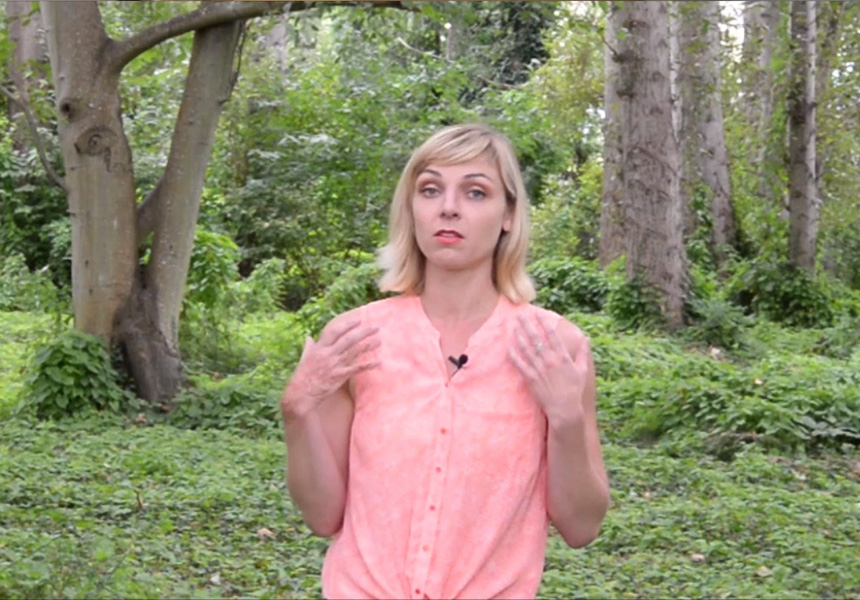
It's the people I love and the communities I'm part of – that's what motivates me to come forward and talk as a scientist and as a citizen.
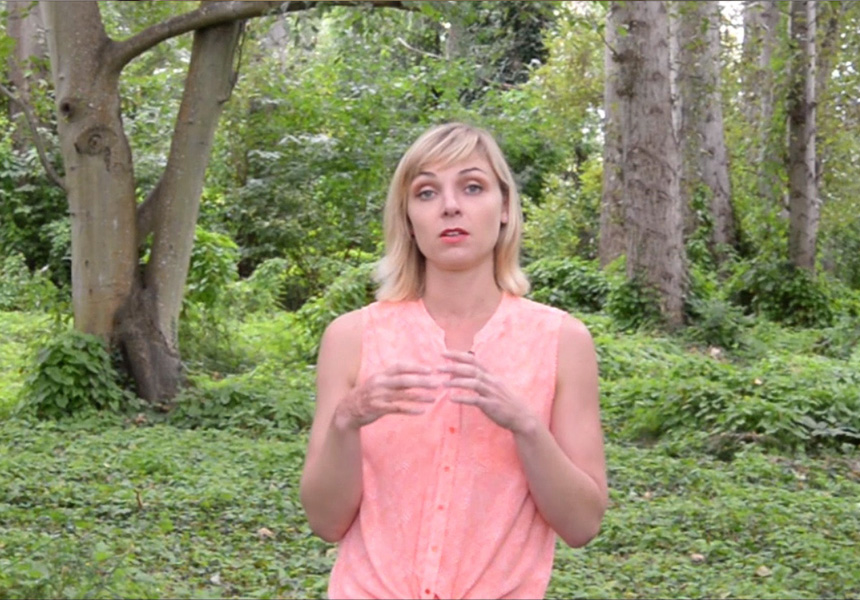
As a devoted mom, Sarah worries that we're not doing enough to protect the world we're leaving our kids. She urges us all to do our parts together to care for our children's lives in the future.
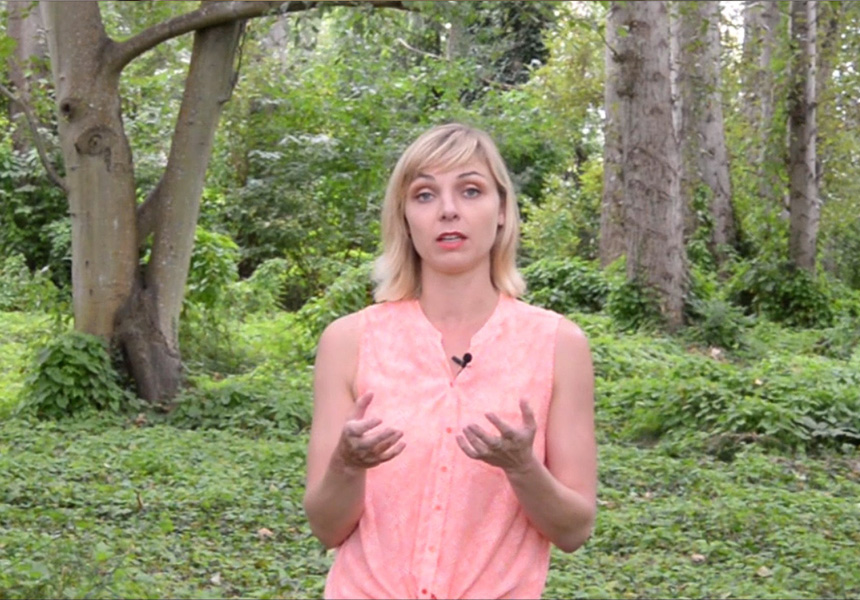
We are all so connected to the climate, both locally in our back yard and throughout the world. So when someone asks Sarah about the climate, she feels a shared connection with a lot of common ground.
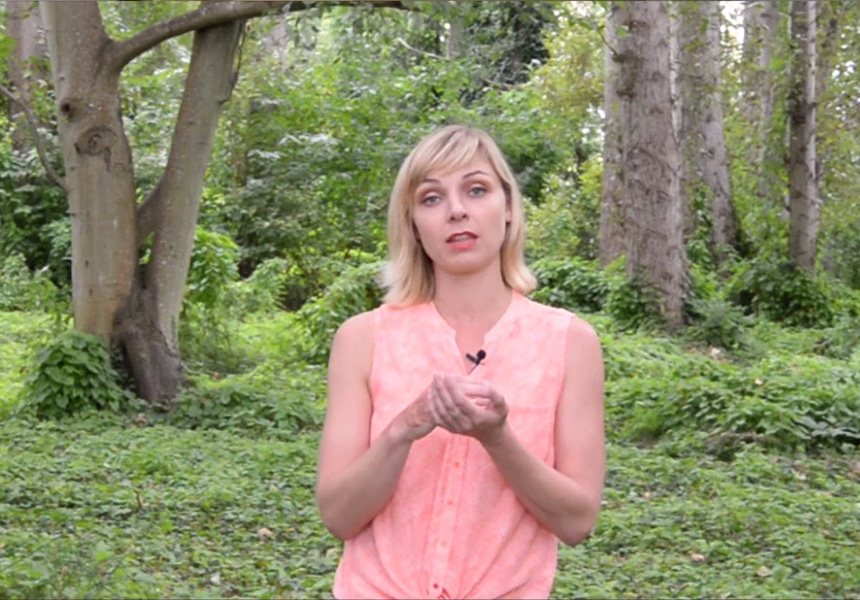
Like many areas around the world, much of our economy and culture is based on a stable climate. But that's changing now. It's going to be a very different Pacific Northwest in 5, 15, 25 years. The future is upon us.
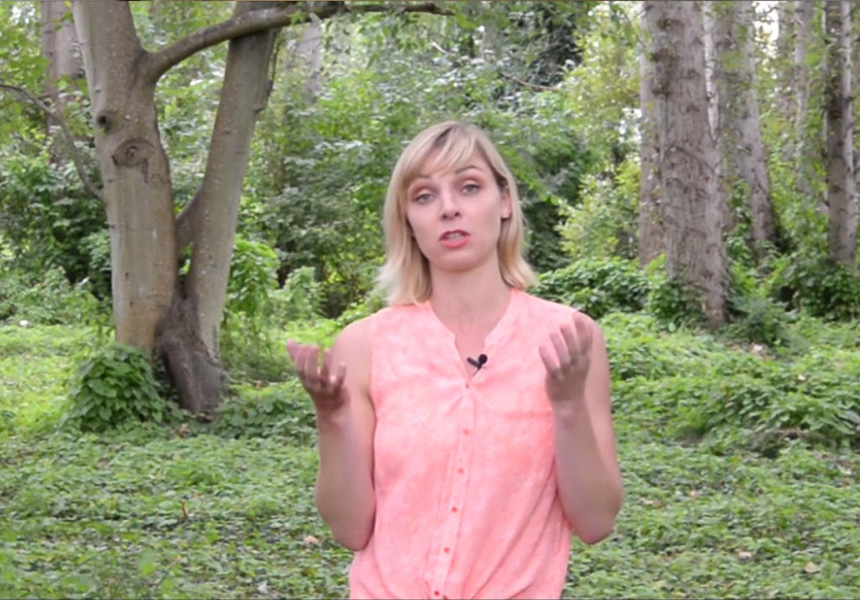
Speaking to her fellow scientists, Sarah says that it's not easy, but they have the chance right now to do the right thing, and use their objective scientific voices to be clear that climate change is real we all have a stake in maintaining a sustainable future.
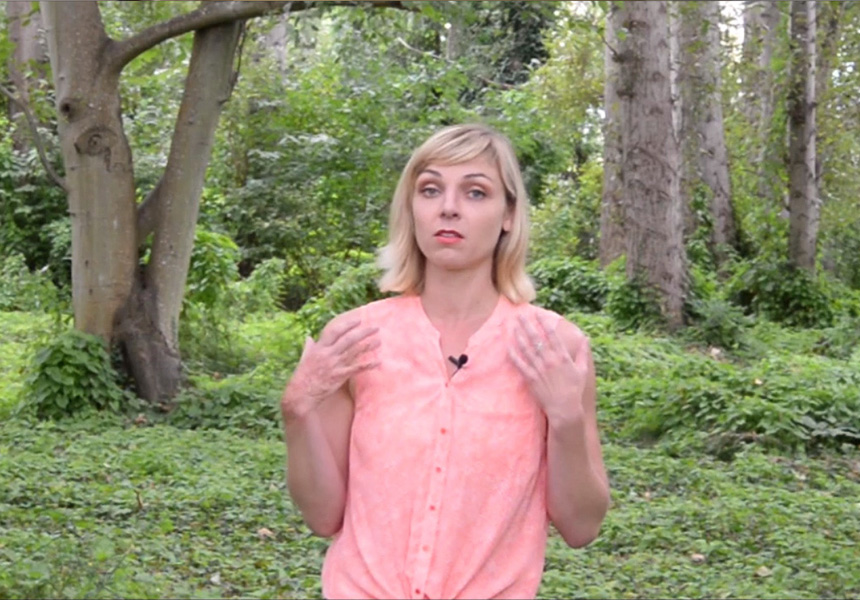
The people on the front lines, who will be most affected, are the poorest around the world who have contributed least to climate change. Yet these families are facing basic livability challenges in so many ways -- flooding, food, water, diseases. It's not an abstract threat to them or us.
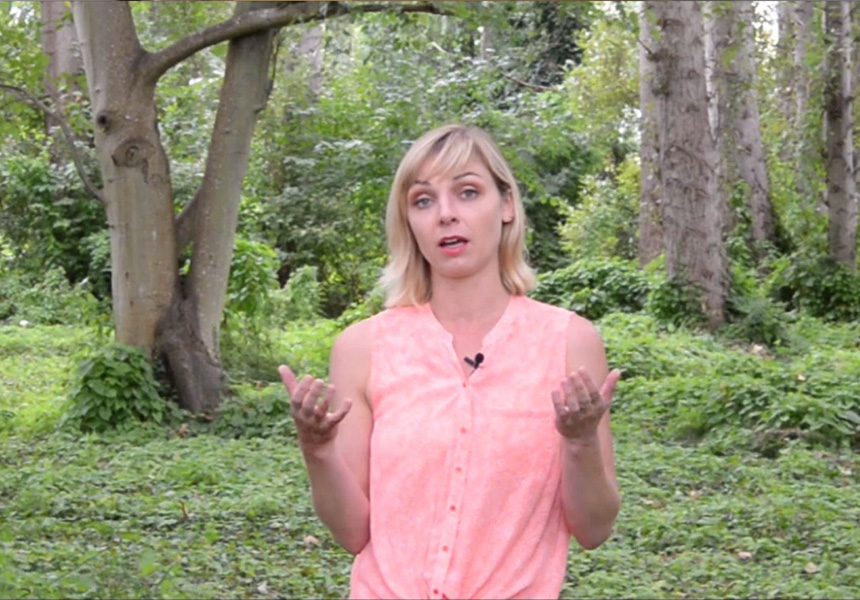
Scientists love to argue about things and disagree. But I don't know any colleague of mine that doesn't agree that the climate is warming and that humans are causing that warming.
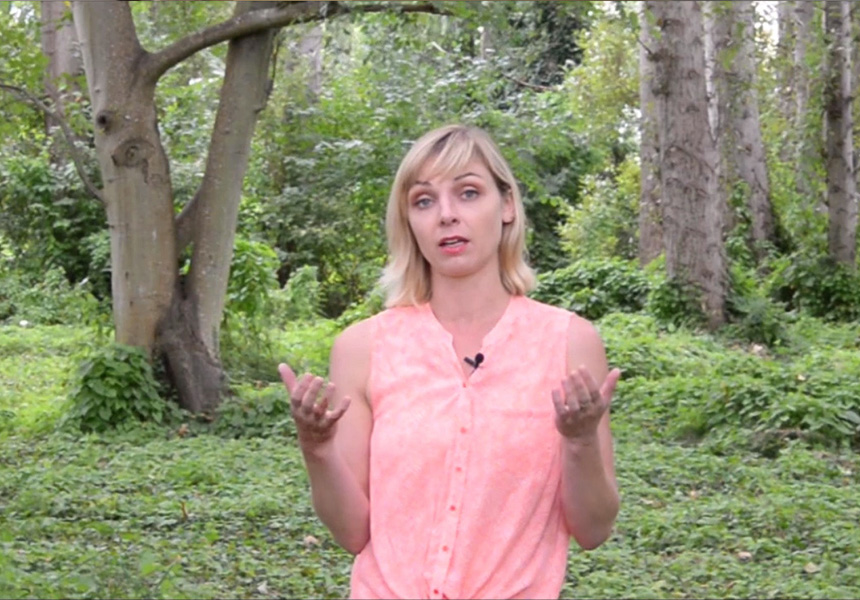
I wish it wasn't, but yes climate change is real. It's completely established scientific fact.
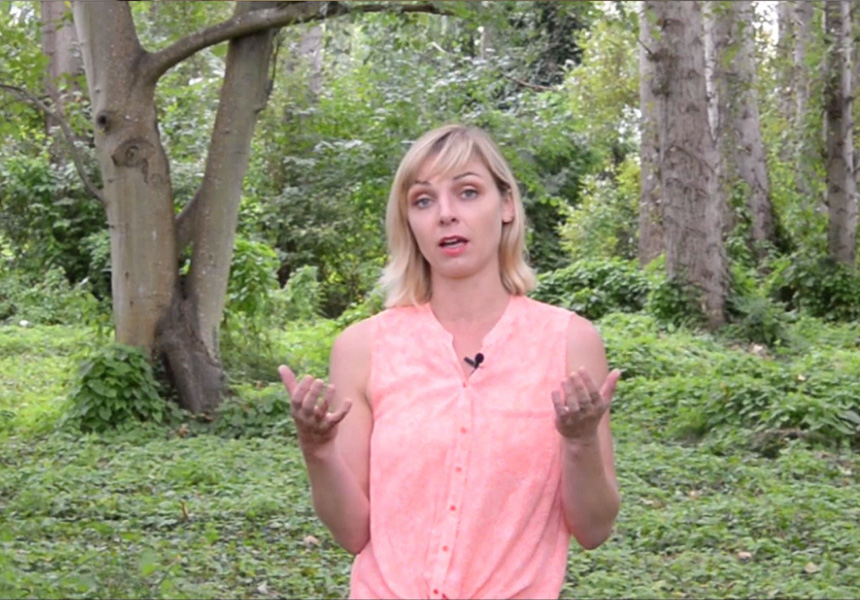
Is it appropriate and important for scientists to speak out publicly about climate change? In Sarah's view, the answer is very much yes, at least for some scientists. Scientific voices are critical for informing the public, the media, and policy makers.
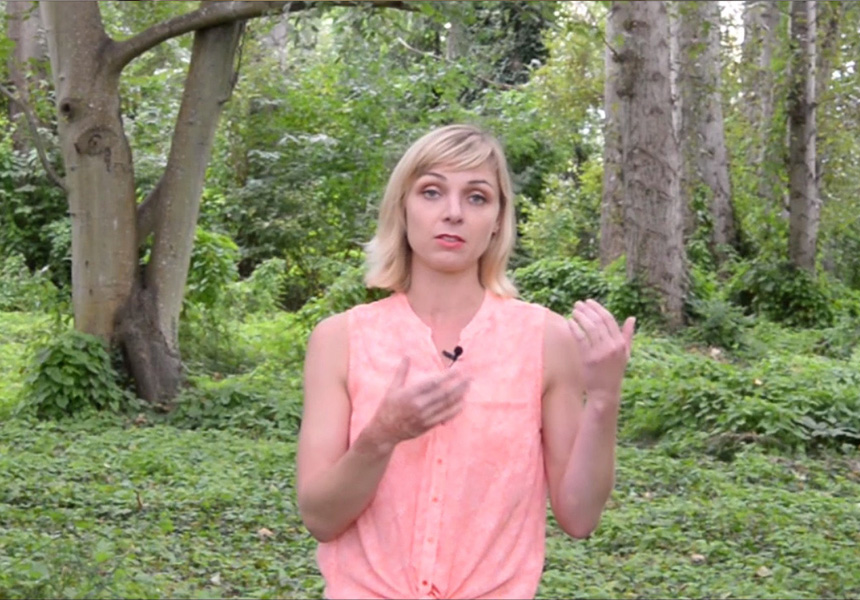
All of us have to come to terms with the profound implications of what the data tells us about climate change. The scientists working on it are no different– if anything it's harder since they work with it every day.
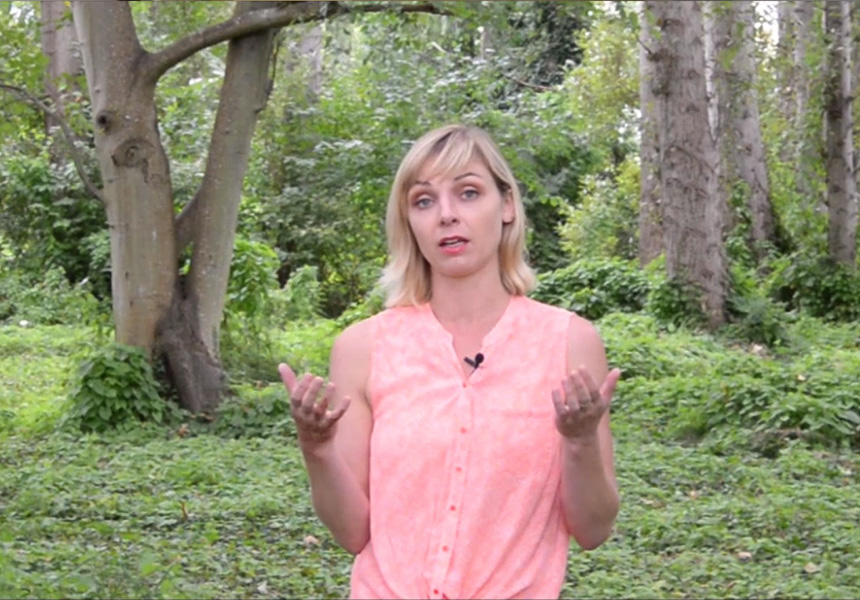
You might picture scientists working in labs measuring data and results, and that's certainly true. But increasingly they need to also personally deal with the profound implications of the results they see and be an active communicator of those results to help us all make informed decisions.